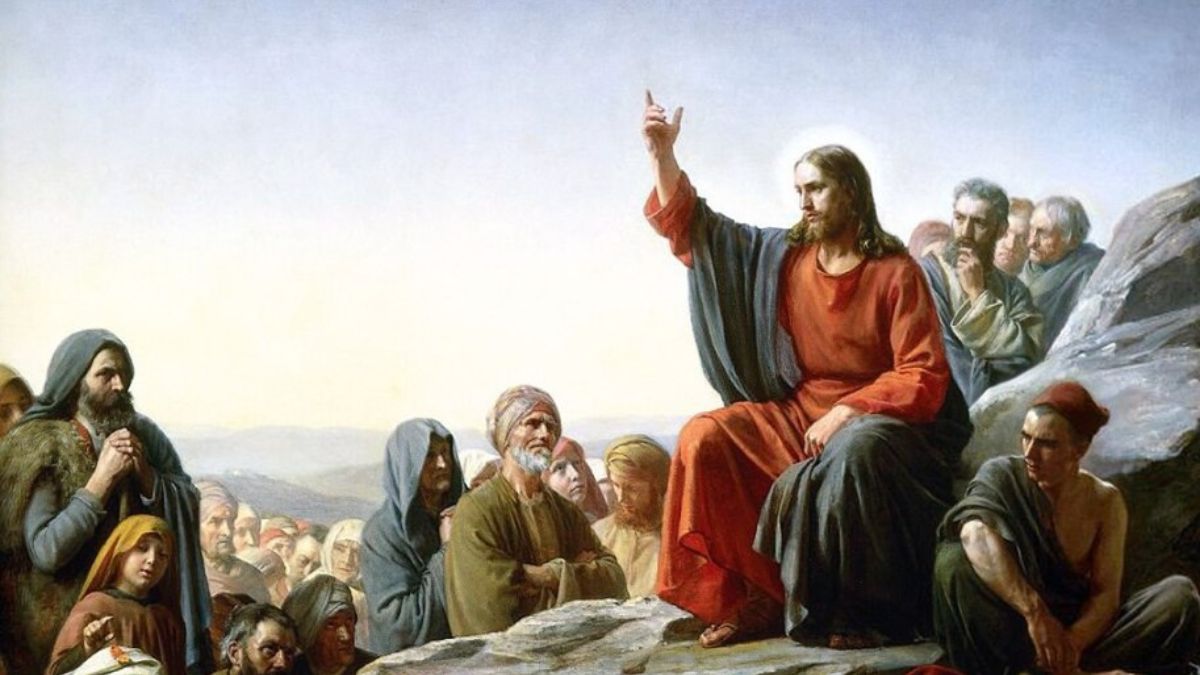

BreakPoint
Put on a Happy Face
The comic-hero has been a familiar figure in stage drama since the ancient Greeks. Think of Friar Tuck in Robin Hood or Mark Twain's Huck Finn. But with the blockbuster movie Forrest Gump, Hollywood has given us a comic-hero who looks a lot like the Christian tradition of the Holy Fool. Played by Tom Hanks, Forrest is a Southern boy of low IQ who passes uncorrupted through the social upheavals of the past three decades. Forrest stands for the simple virtues in a culture that no longer operates by virtue. While other young people are succumbing to drugs and fast living, Forrest remains wholesome, spending his time becoming expert at Ping-Pong. His dedication pays off when he competes in China and helps restore American relations with China. To thank him, President Nixon invites him to Washington. One night, Forrest see prowlers outside the Watergate hotel and calls the police. His simple trust in law and order uncovers the infamous Watergate break-in. The most poignant example of Forrest Gump's virtue is his devotion to his childhood sweetheart, Jenny. In the 1960s, Jenny was a Flower Child, and 20 years later, when she and Forrest meet again, she is dying of drug abuse and AIDS. But Forrest still loves her—and even marries her, giving her a sense of peace before she dies. This is the basic goodness of Forrest's character that has enchanted audiences everywhere—a vision of innocence confronting evil and triumphing. Most of us really do long for the simple virtues. Yet the one flaw in the movie's message is that virtue is not really so simple. And to paint it that way can be dangerously simplistic. For example, in one scene Forrest is jogging, and a woman jogging alongside him reaches over and wipes his face with a cloth. Instantly, a "Happy Face" symbol appears on the cloth. The episode is a perversion of the Christian legend of Saint Veronica, who wiped the face of Jesus on His way to Calvary; afterward, the image of Jesus appeared miraculously on the cloth. In essence the movie is suggesting that the modern world has replaced the Man of Sorrows with the simplistic emblem of the Happy Face smile. This is where Christians part company with the movie's upbeat theme. We of all people realize that life's crises are too serious to be resolved by plastering on a Happy Face—that evil can be redeemed only by sorrow and suffering. This is the heart of the Gospel, and as Paul says in 1 Corinthians, it has always appeared as foolishness to people who are looking for simple solutions. That's why Christianity has always had a tradition of the Holy Fool—a person who abandons the world's values to pursue a life of service and even poverty. Francis of Assisi is a wonderful example of the Holy Fool. So go ahead and enjoy Forrest Gump: It's a warm-hearted movie in the classic tradition of the comic-hero. But remember that what the world really needs is not more Forrest Gumps; what it needs is more fools for Christ.
10/18/94















